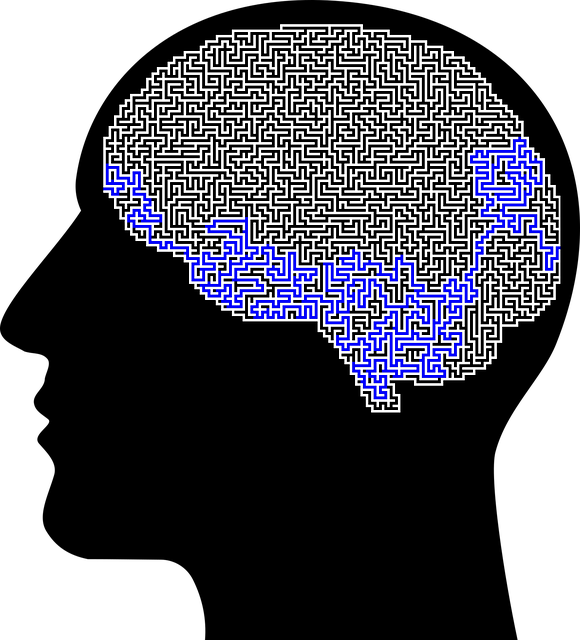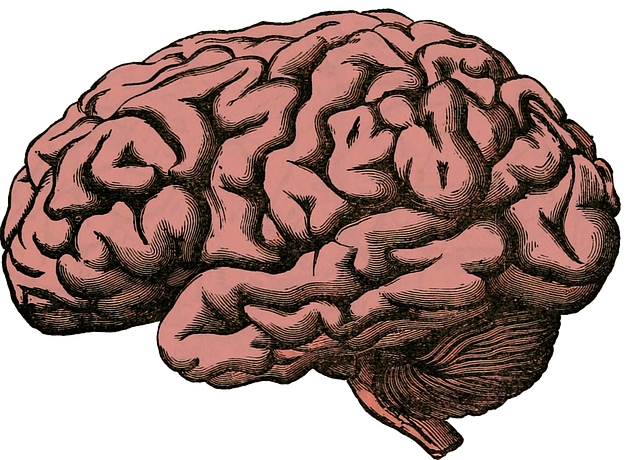Risk assessment is paramount in adult therapy sessions, addressing potential triggers like trauma, chronic pain, and emotional struggles. Effective strategies include tailored coping mechanisms, safe spaces for expression, and comprehensive self-care practices for therapists. Integrating pain management techniques into therapy for adults enhances holistic well-being, mitigating depression and anxiety. Continuous learning through training, peer review, and public awareness campaigns improves care quality and accessibility to evidence-based interventions for optimal adult mental health outcomes.
Mental health professionals are frequently exposed to complex risks within their practice, particularly during adult therapy sessions. This article delves into the essential elements of risk assessment, highlighting unique challenges specific to this domain. We explore strategies for effective risk management and integration of pain management techniques as a proactive approach. Additionally, continuous evaluation and improvement in mental health care are emphasised for fostering a safer therapeutic environment. Understanding these aspects is crucial for enhancing patient outcomes and mitigating potential risks associated with therapy sessions.
- Understanding Risk Assessment in Mental Health Practice
- Identifying Risks Specific to Adult Therapy Sessions
- Strategies for Effective Risk Management
- Integrating Pain Management Techniques in Risk Mitigation
- Continuous Evaluation and Improvement in Mental Health Care
Understanding Risk Assessment in Mental Health Practice

Risk assessment is a crucial aspect of mental health practice, enabling professionals to anticipate and mitigate potential risks within their work. It involves a systematic process of identifying, evaluating, and addressing hazards that may impact client safety and well-being during therapy sessions for adults. By implementing comprehensive risk assessment strategies, mental health practitioners can ensure they are adequately prepared to manage a range of challenges.
This process encompasses various factors, including the client’s history, current presentation, therapeutic goals, and the potential for self-harm or harm to others. Mental wellness professionals must remain vigilant in their self-awareness exercises, regularly assessing their own emotional state and stress management techniques, as these significantly influence their ability to respond effectively during high-risk situations. Effective risk assessment empowers practitioners to provide tailored therapy and pain management strategies, fostering a safe environment for clients to navigate their mental health journeys.
Identifying Risks Specific to Adult Therapy Sessions

Identifying risks specific to adult therapy sessions is a critical aspect of risk assessment for mental health professionals. These sessions often delve into sensitive personal experiences, including trauma, chronic pain, and emotional struggles, which can trigger intense emotions and reactions in clients. For instance, adults experiencing pain management issues might exhibit heightened anxiety or distress during therapy, as they confront the root causes of their physical discomfort. Mental health awareness is paramount here; therapists must be attuned to non-verbal cues, such as increased heart rate or changes in breathing patterns, which could indicate a client’s struggle to manage intense emotions.
In the context of Burnout Prevention Strategies for Healthcare Providers, mental wellness podcast series production offers valuable insights into managing these risks. Regular therapy sessions should create a safe space where clients feel empowered to express their feelings and fears without fear of judgment. Through open dialogue, therapists can identify potential triggers and develop coping mechanisms tailored to each individual’s needs. This proactive approach not only enhances the therapeutic experience but also contributes to maintaining a healthy work-life balance for both the therapist and client, fostering a positive cycle that promotes mental wellness.
Strategies for Effective Risk Management

In the realm of mental health professional risk assessment, effective risk management strategies are paramount to ensuring safe and productive therapy sessions for adults. One key approach is integrating comprehensive self-care practices into daily routines. Mental wellness coaching programs development can play a pivotal role here, guiding professionals to prioritize their own mental wellness while fostering resilience against potential stressors. By promoting balanced self-care, these programs enhance the therapist’s ability to manage risk and provide consistent care.
Additionally, incorporating social skills training as part of professional development equips mental health practitioners with tools to navigate complex situations effectively. This training enables them to build robust support networks, seek supervision when needed, and maintain healthy boundaries, all of which contribute to a robust risk management strategy. Effective risk assessment thus involves a multifaceted approach, encompassing both personal self-care practices and professional development initiatives aimed at pain management.
Integrating Pain Management Techniques in Risk Mitigation

Mental health professionals frequently encounter clients struggling with chronic pain, which can exacerbate existing mental health conditions like depression and anxiety. Integrating pain management techniques into risk mitigation strategies is a holistic approach that offers substantial benefits. By incorporating therapy for adults focused on pain management, practitioners can help individuals develop coping mechanisms to navigate their physical discomfort. This not only enhances overall well-being but also serves as a powerful tool in depression prevention and anxiety relief.
Effective risk assessment for mental health professionals should consider the intricate relationship between chronic pain and mental illness. Through tailored interventions, therapists can empower clients to manage pain symptoms, thereby reducing the potential for negative impact on their mental health. Such an integrated approach ensures that patients receive comprehensive care, addressing both their physical and psychological needs, ultimately leading to improved outcomes in therapy.
Continuous Evaluation and Improvement in Mental Health Care

In the ever-evolving field of mental health care, continuous evaluation and improvement are paramount to ensuring effective therapy for adults. This involves a multifaceted approach that includes regular peer review, case studies, and ongoing training in advanced practices, such as pain management techniques tailored for complex cases. By fostering a culture of resilience building within professional networks, mental health awareness is heightened, enabling professionals to stay abreast of the latest research and trends.
Public awareness campaigns development plays a crucial role in this process by educating both practitioners and the general public about best practices and available resources. This collaborative effort not only enhances the quality of care but also fosters a more supportive environment where individuals seeking therapy for adults can access evidence-based interventions, ultimately leading to improved outcomes and increased accessibility to mental health services.
Mental health professionals play a vital role in fostering healing, but they must also navigate complex risks inherent in their practice. By understanding risk assessment, identifying specific adult therapy session risks, and employing effective risk management strategies, including integrated pain management techniques, practitioners can create a safer environment for both clients and themselves. Continuous evaluation and improvement within mental health care are essential to ensure the highest quality of service, ultimately enhancing patient outcomes and professional well-being.













